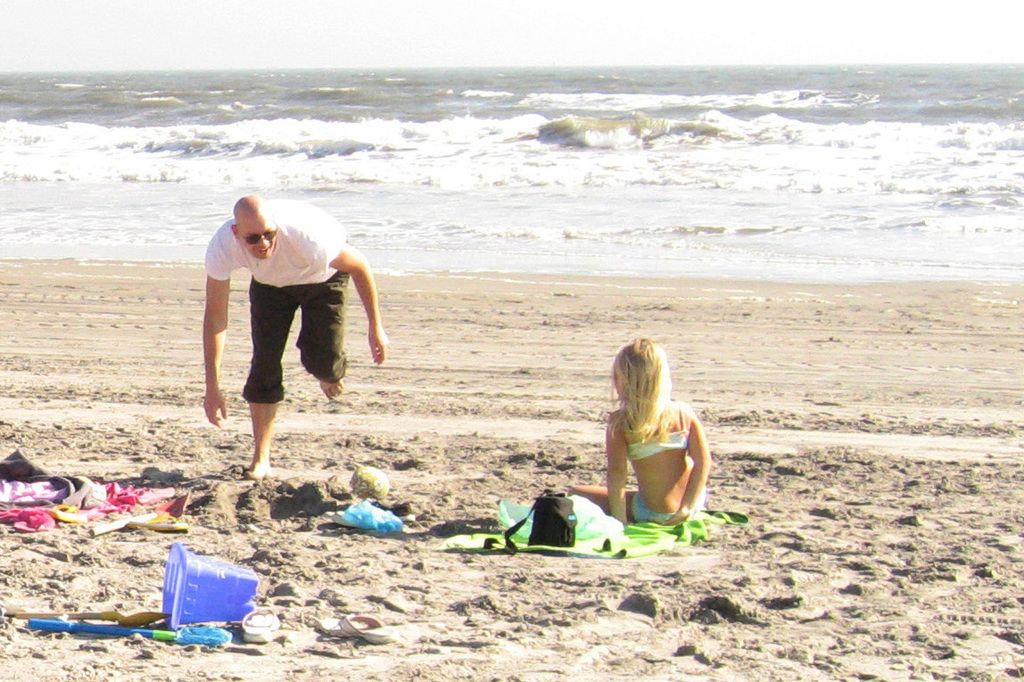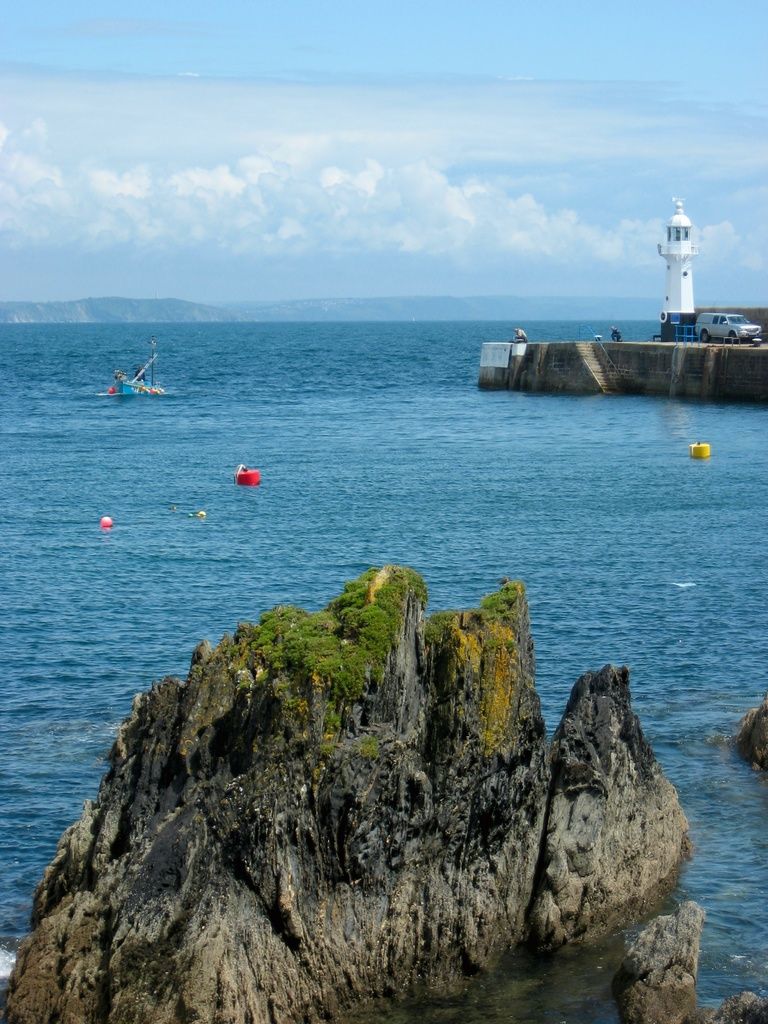Swiss consumers are shifting away from Coca-Cola products.
Let's Talk About That Costly Coke in Switzerland
You might be thinking, "I thought Coca-Cola was an American thing," but you'd be wrong. The drinks are manufactured under license in various countries, including Switzerland. But, as you've guessed, Swiss goods tend to be more costly than their foreign counterparts.
Wages paid to Swiss workers are generally higher, which drives up the price of goods—even something as iconic as a can of Coca-Cola. Retailers need to shell out more cash for bottles and cans produced in Zurich compared to those made in other countries.
In a bid to reduce costs, Swiss retailers like Denner have negotiated with Coca-Cola's Swiss supplier. However, these negotiations haven't gone smoothly, and Denner has decided to import its Coca-Cola from Germany to steer clear of the exorbitant prices of 'Swiss-made' products.
It's not the first time Denner's taken this route. About a decade ago, it imported Cokes from the Czech Republic. This strategy seemed to work wonders because Coca-Cola Switzerland eventually agreed to sell its Zurich-made bottles at Czech prices—a significant reduction. Alas, that deal didn't last, and now Denner's once again turning to a foreign supplier.
But Denner isn't the only Swiss retailer feeling the heat. Migros is also replacing Coca-Cola with Fanta and Sprite from Turkey, while Coop imports Coca-Cola from Poland. Lidl and Aldi are reportedly in the middle of negotiations as well.
Even SBB, the national train company, is jumping on the bandwagon. They've decided to nix Coca-Cola products from their restaurant cars and convenience shops at stations. This decision doesn't stem from a pricing dispute, though. Instead, SBB wants to highlight their Swiss roots, offering customers Vivi Kola, a Coke-like drink manufactured in Switzerland, priced at 5.40 francs.
In summary, Swiss retailers are looking abroad to acquire Coca-Cola due to a pricing disagreement, as Coca-Cola Switzerland sets prices that retailers like Denner and Migros find unreasonably high. As negotiations continue, some retailers are turning to alternative drinks to satisfy their customers' cravings while keeping costs under control.
The financial aspect of the business industry is determining the high costs of Coca-Cola in Switzerland, as retailers are faced with exorbitant prices for 'Swiss-made' products. For instance, Denner has resorted to importing Coca-Cola from Germany, a move that mirrors their strategy from a decade ago when they sourced their Cokes from the Czech Republic.







